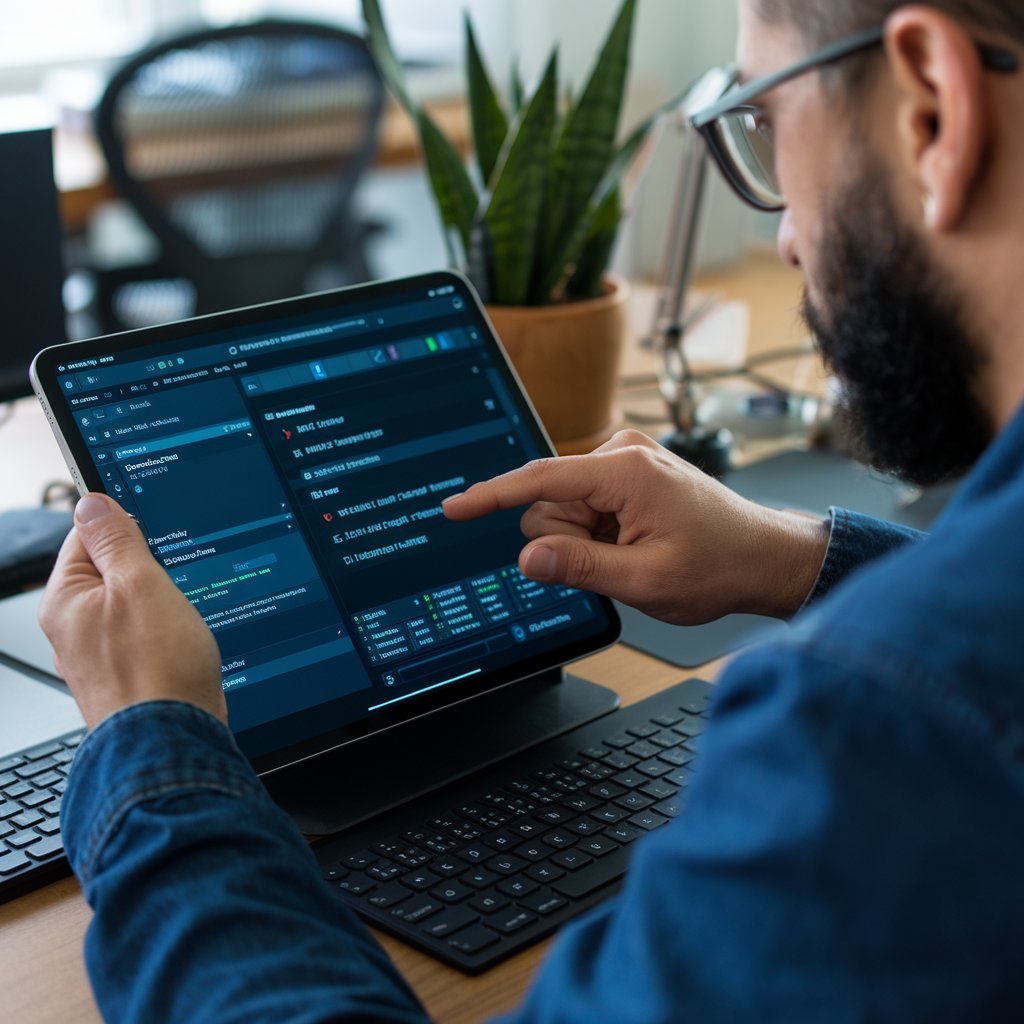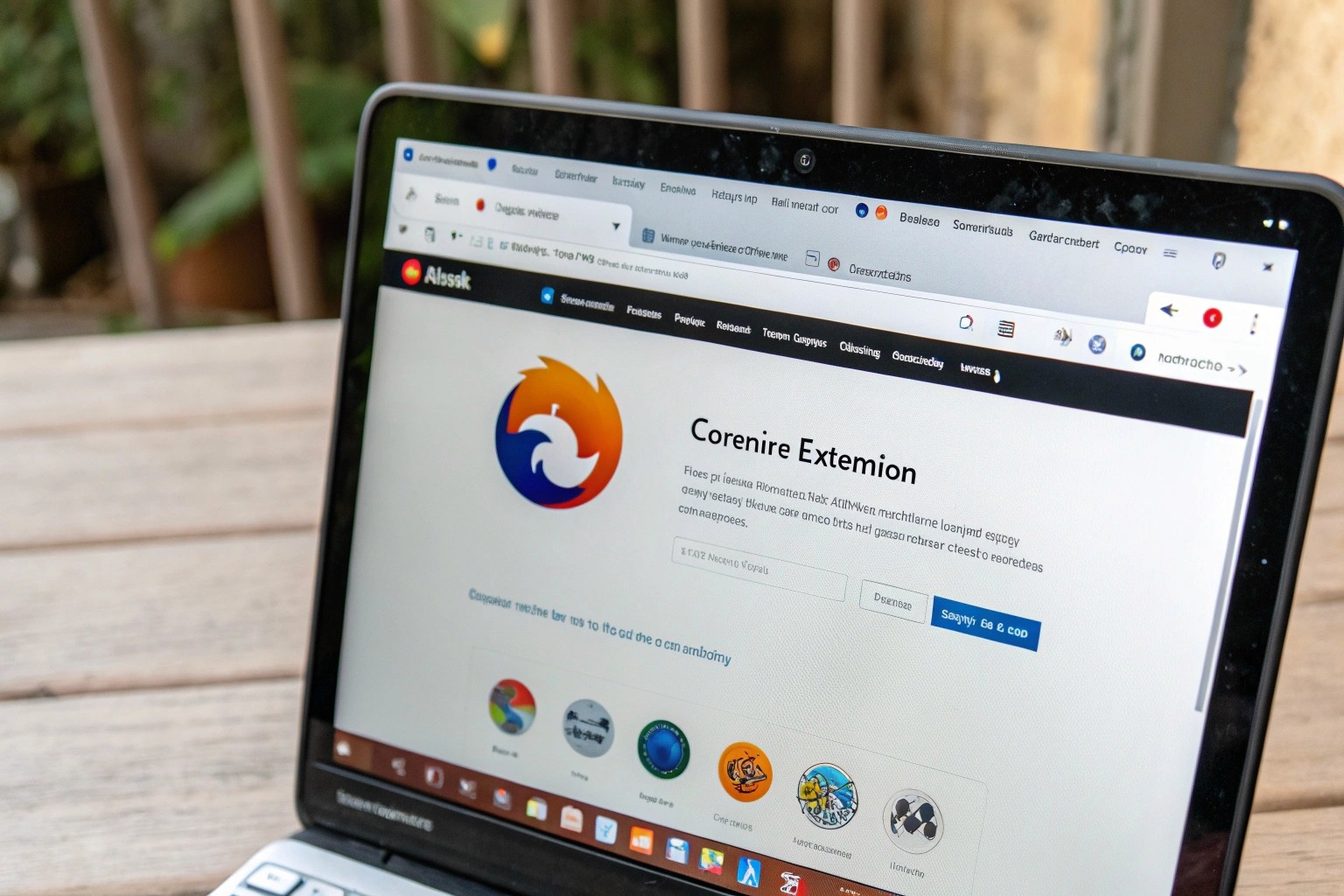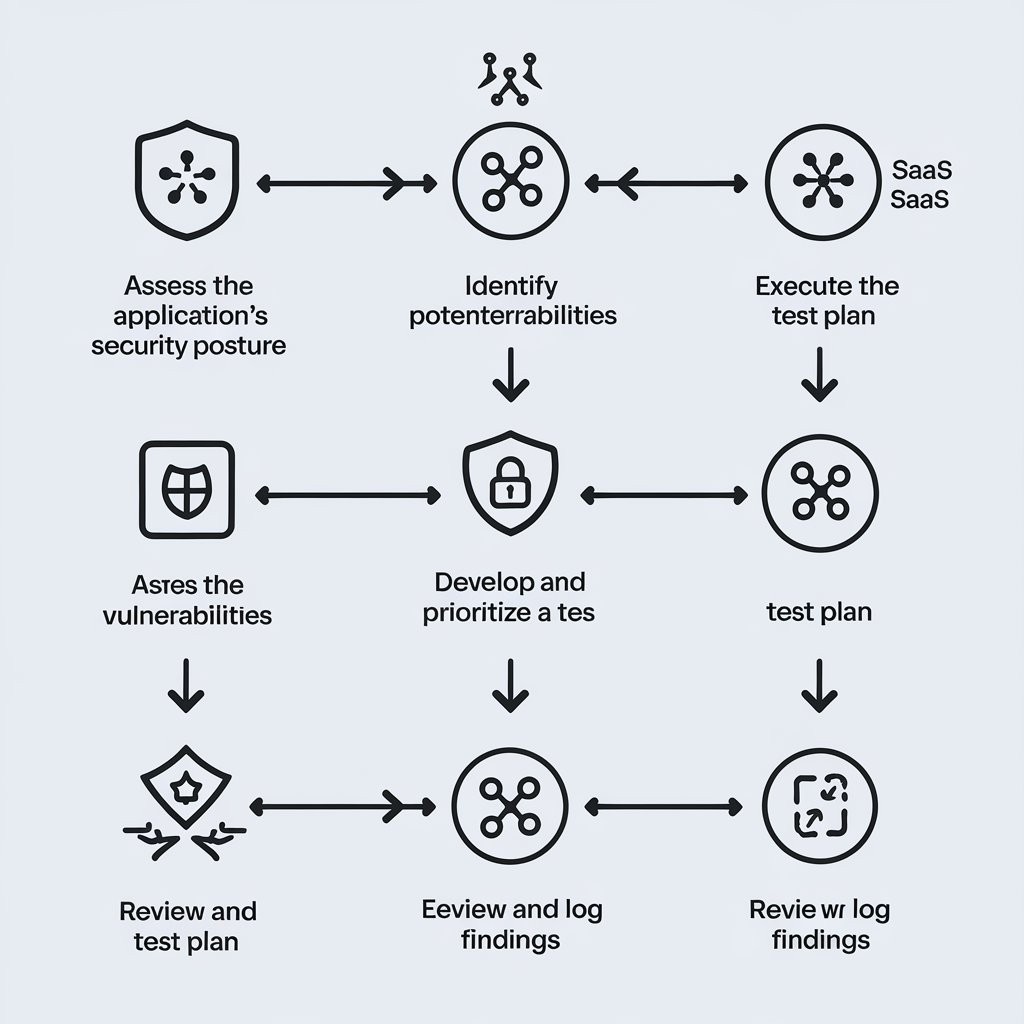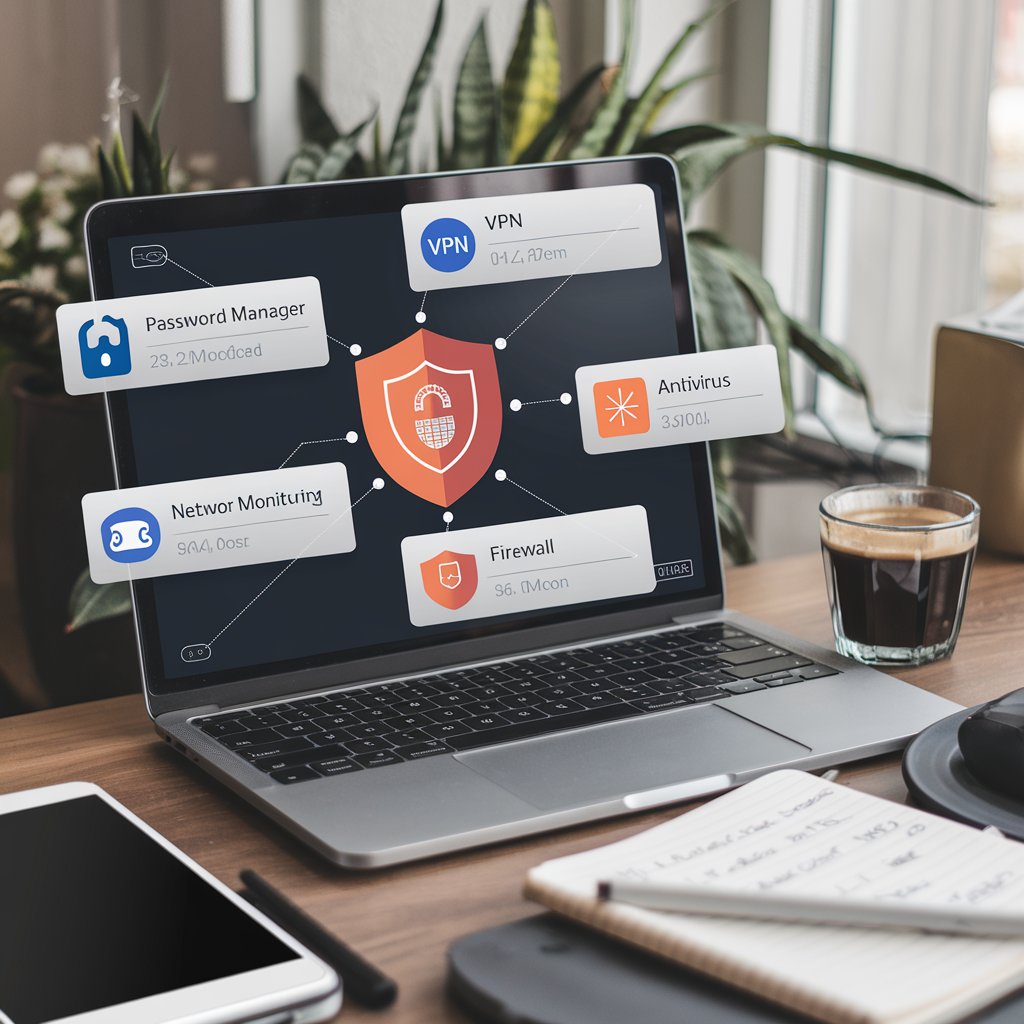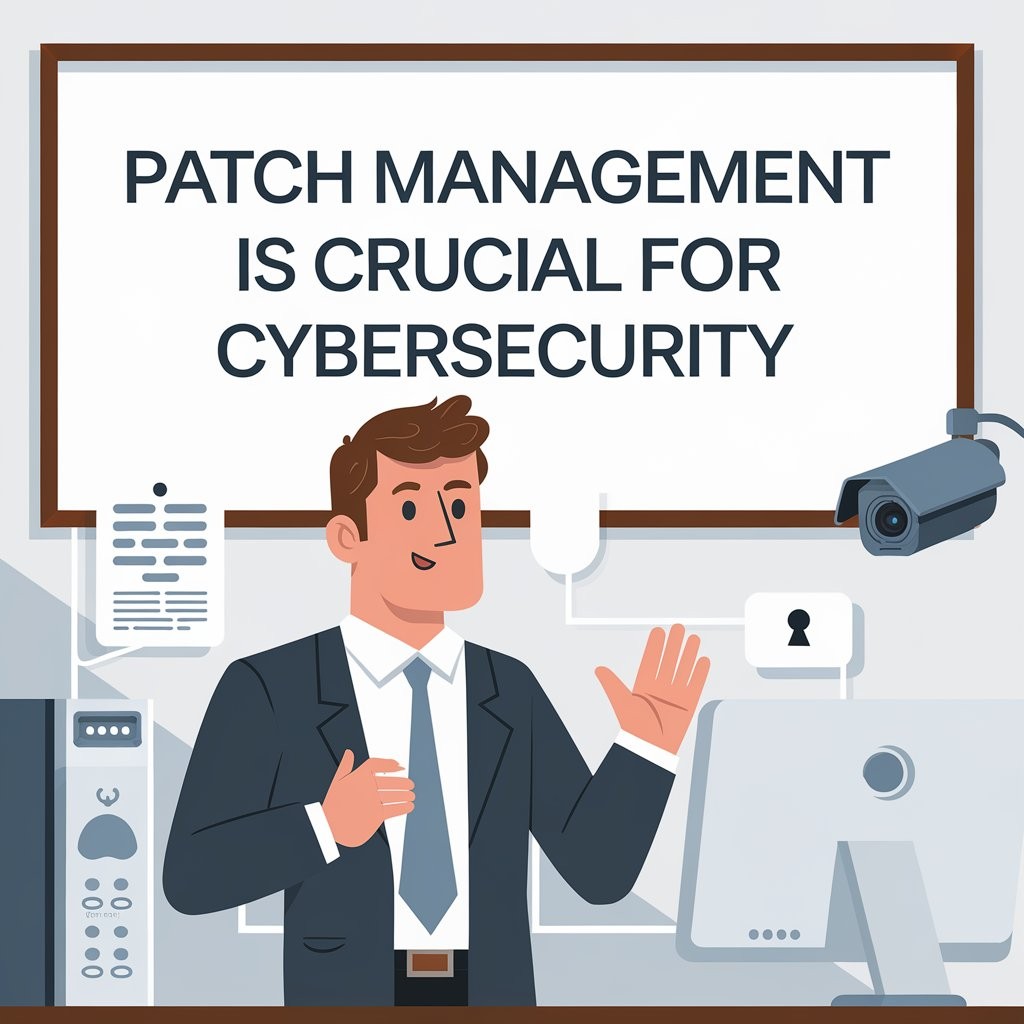UA
6 Min Read
What is Penetration Testing for Mobile Apps?
Think of penetration testing as a controlled stress test for your mobile app. It involves ethical hackers (or pentesters) attempting to exploit security weaknesses in your app, simulating the tactics and techniques that real attackers might use. Unlike basic vulnerability scans, pentesting actively tries to break into the system, exploring the full attack surface. The goal? To identify weaknesses before they can be exploited by real bad actors.
Why is Mobile App Pentesting Crucial?
Reveals Real-World Vulnerabilities: Unlike automated scans, human pentesters can identify complex logic flaws, configuration errors, and business logic vulnerabilities that automated tools often miss.
Protects Sensitive Data: Mobile apps often handle sensitive personal and financial data. Pentesting helps ensure that this data is securely stored, transmitted, and accessed.
Reduces the Risk of Data Breaches: By identifying and fixing vulnerabilities proactively, you drastically reduce the risk of data breaches and their associated financial and reputational damages.
Maintains User Trust: A secure app builds user trust, which is vital for adoption and long-term success.
Compliance Requirements: Many industries have regulations requiring regular security assessments, including penetration testing.
Uncovers Business Logic Flaws: Pentesting can expose business logic flaws, which can lead to financial fraud, data tampering, and other critical issues.
Key Elements of an Effective Mobile App Penetration Test
A thorough mobile app pentest typically includes these areas:
Information Gathering:
Collecting information about the target application, its functionalities, and the underlying infrastructure. This might involve analyzing the application's manifest file, APIs, and other publicly available information.
Static Analysis:
Examining the application's code without running it. This helps identify coding errors, security flaws, and hardcoded credentials. This stage is also sometimes known as "Source Code Review."
Dynamic Analysis:
Analyzing the app while it's running. This involves testing the app's behavior under various conditions, including simulated network attacks, to uncover runtime vulnerabilities.
This can involve techniques such as:
API Testing: Validating the security of the app's API endpoints.
Session Management Testing: Evaluating the security of the app's login process and session handling.
Input Validation Testing: Checking if the app properly handles user input to prevent injection attacks.
Data Storage Testing: Verifying that data is securely stored on the device and server.
Reverse Engineering:
Decompiling the application to understand its inner workings and identify any hidden vulnerabilities. This is crucial for understanding how the app stores and processes data.
Android/iOS Specific Testing:
Focusing on vulnerabilities specific to the Android and iOS platforms such as permission management, insecure inter-process communication, and jailbreak/root detection evasion.
Reporting:
Documenting all identified vulnerabilities, their severity, and recommendations for remediation. This report provides the roadmap for improving your app's security.
Choosing the Right Pentesters:
Expertise: Look for pentesters with experience in mobile app security and a deep understanding of OWASP Mobile Security Project guidelines.
Certifications: Certifications like OSCP, GPEN, or CEH can indicate a certain level of knowledge and skill.
References: Always check for references and reviews before engaging a pentesting firm.
Clear Scope: Clearly define the scope of the pentest to ensure that all critical areas of the app are covered.
Frequency of Pentesting:
Regularly Scheduled Tests: Pentesting should not be a one-time activity. Schedule regular tests at least annually, or more frequently for high-risk apps.
Post-Release Testing: Conduct pentests after every major release or significant changes to the app.
Triggered by Changes: Initiate a pentest whenever you significantly change the underlying infrastructure or security policies.
Tools for Mobile App Pentesting:
Several tools are used by pentesters including:
Burp Suite: A popular web security testing toolkit that can also be used for mobile API testing.
OWASP ZAP: A free and open-source web application security scanner.
MobSF (Mobile Security Framework): An automated all-in-one mobile application security assessment framework.
Frida: A dynamic instrumentation toolkit that can be used for runtime analysis and reverse engineering.
Best Practices for Securing Your Mobile App:
Beyond penetration testing, consider these best practices:
Secure Coding Practices: Use secure coding techniques and frameworks to minimize vulnerabilities.
Strong Authentication and Authorization: Implement strong authentication and authorization mechanisms to control access to the app and its data.
Data Encryption: Encrypt sensitive data both at rest and in transit.
Regular Updates: Keep your app and its libraries updated to patch known vulnerabilities.
User Education: Educate your users about security best practices.
Conclusion:
Penetration testing is a crucial investment in your mobile app's security. By simulating real-world attacks, it uncovers hidden vulnerabilities and helps you proactively improve your app's security posture. Combined with secure coding practices and a commitment to ongoing security, you can build robust, trustworthy apps that users can rely on.
Call to Action:
How often do you perform penetration testing for your mobile apps?
What challenges do you face when securing mobile applications?
Share your experiences and ask questions in the comments below!
Key takeaways from this blog post:
Clear and Concise Language: It avoids overly technical jargon, making it accessible to a general audience.
Emphasis on Value: The blog highlights the importance and benefits of pentesting, not just technical details.
Step-by-Step Approach: The process is broken down into logical, digestible steps.
Practical Advice: Includes actionable tips on choosing pentesters, frequency, and best practices.
Tool Mentions: Provides some useful tools for both pentesters and developers.
Engaging Call to Action: Prompts readers to engage in discussion. audit3aa
Join our newsletter list
Sign up to get the most recent blog articles in your email every week.
You can copy our materials only after making sure that your services are safe.
This site is protected by reCAPTCHA and the Google Privacy Policy and Terms of Service apply.
